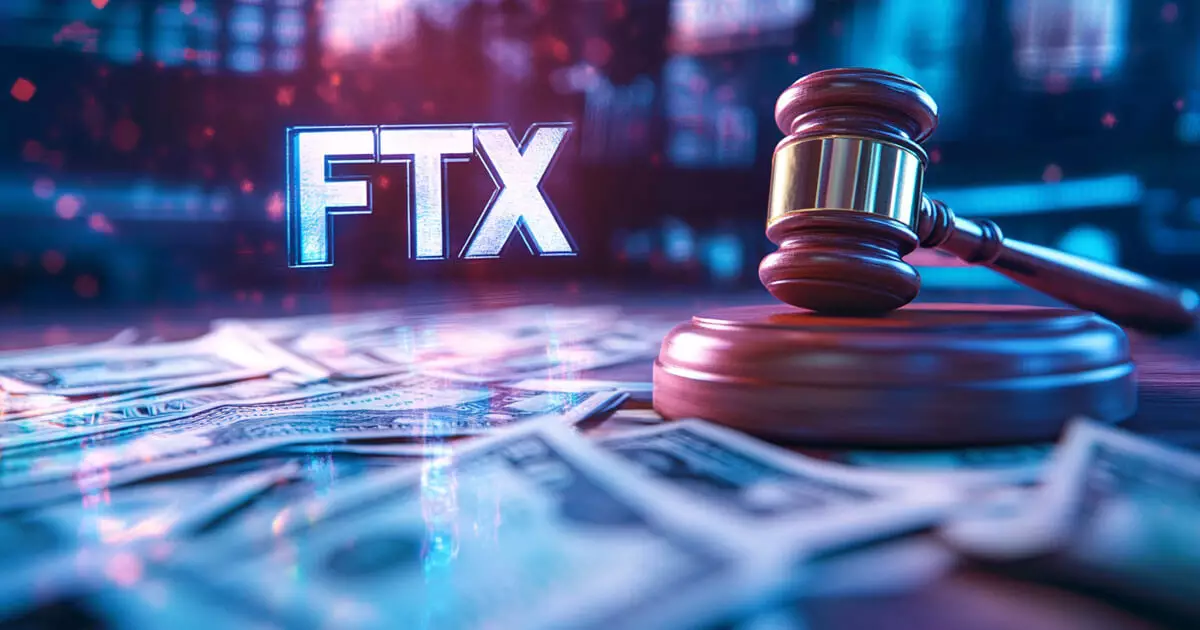The downfall of FTX, once a titan in the cryptocurrency exchange realm, continues to unfold in dramatic fashion. Amidst the colossal financial wreckage, a recent court filing has revealed that FTX is now legalizing its grievances against Ryan Salame, formerly co-CEO of its Bahamian subsidiary. FTX is attempting to reclaim nearly $98.8 million in combined cash and cryptocurrency, highlighting a trail of alleged misconduct linked to Salame’s tenure. This legal pursuit has reignited discussions surrounding corporate governance and ethical fiduciary responsibilities in the rapidly evolving financial industry.
FTX’s claims against Salame are founded on serious allegations of conspiracy and misappropriation of customer assets. The exchange asserts that Salame not only turned a blind eye but actively conspired with higher-ups, including the notorious founder Sam Bankman-Fried, to breach their obligations to consumers. According to the filings, Salame’s attempts to conceal his dealings with misappropriated assets have not gone unnoticed. The exchange argues that his benefits from these illicit activities were substantial and widespread, echoing a theme of betrayal that resonates throughout this case.
The indictments against Salame reveal staggering financial discrepancies. Between November 2020 and November 2022, his financial maneuvers allegedly netted him approximately $52.9 million through wire transfers, alongside significant crypto withdrawals and hefty salary bonuses. The allegations further detail his acquisition of 9 million FTT tokens, out of which 1.1 million were sold for a remarkable $24 million. Such transactions inevitably raise questions about the ethical pitfalls of profit-making in a deregulated landscape and challenge existing norms within the cryptocurrency sector.
In light of the accusations, FTX has alleged that a significant portion of Salame’s misappropriated funds fueled extravagant personal expenditures. Instances include a striking $5 million withdrawal from his FTX.com account coinciding with the firm’s tumultuous collapse. Allegedly, these funds financed personal ventures such as public relations services and luxury purchases, which starkly contrast the ethical standards expected from financial executives. The inappropriate use of such funds illustrates a broader issue of accountability and integrity in financial leadership.
As the legal battle unfolds, FTX is demanding a halt to Salame’s claims under the exchange’s Chapter 11 proceedings until he relinquishes all assets gained through suspected fraudulent activities. This demand underscores a pivotal moment in the legal landscape, where accountability looms large over financial leaders who misuse their positions of trust. Salame’s impending prison term of 90 months—stemming from his admissions of conspiracy—along with the forfeiture of $1.5 billion, serves as a stark warning to others in the industry. This case may not just reclaim lost assets but could potentially reshape regulatory oversight within the cryptocurrency realm, promoting a culture of transparency and vigilance going forward.
The saga involving FTX and Ryan Salame encapsulates a critical juncture in the cryptocurrency industry’s evolution. As more details emerge, the implications of this legal squabble extend beyond mere asset recovery, revealing systemic weaknesses that require urgent attention. The outcome of this case might not only impact those directly involved but also individuals and institutions navigating the complex world of digital currencies, as they seek to define and uphold ethical standards in a still-maturing financial landscape.



Leave a Reply